
WASHINGTON, March 5 (Xinhua) -- The White House said on Tuesday that the United States continues to seek a "productive" relationship with Venezuela, as the health of the country's anti- American president was deteriorating.
"I can tell you that we continue to seek a functional and productive relationship with Venezuela, and we remain open to a dialogue with Venezuela on a range of issues of mutual understanding, including counternarcotics, counterterrorism and the commercial relationship between the two countries, including energy," White House spokesman Jay Carney told reporters at a regular news briefing.
He refused to comment on Venezuela's expulsion of David del Monaco, the U.S. military attache, announced earlier in the day by the country's Vice President Nicolas Maduro.
Maduro said the government had discovered that the American envoy had acted against Venezuela's military, by getting in touch with officers and proposing a plan to destabilize the South American country.
The vice president also said that the U.S. government and enemies within the country have conducted a "psychological warfare " against President Hugo Chavez and Venezuela.
Maduro called for "prayer and action with our soul and mind" for the life of Chavez as the president was experiencing the "most difficult" time after undergoing the last surgery in Cuba for his cancer treatment.
Venezuelan Communication and Information Minister Ernesto Villegas said on Monday night that Chavez's health had deteriorated and remained delicate.
Expressing "sympathy" for the president's illness, U.S. State Department spokesman Patrick Ventrell reiterated Washington's position by saying that "Should he become permanently unavailable to serve, our understanding is that the Venezuelan constitution requires an election to select a new president."
And the elections need to be "free and fair," Ventrell added.
He refused to comment on the military attache's expulsion as well, saying he had not seen the full content of the vice president's statement.
During his stay in power over the last 14 years, Chavez has regularly accused the U.S. government of trying to destabilize his government and attacked U.S. foreign policy.
U.S.-Venezuelan relations have been tense in recent years, and the two countries have not exchanged ambassadors in the past two years.

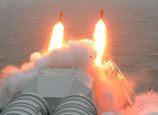
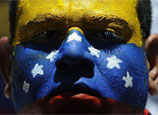
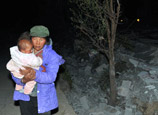
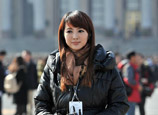
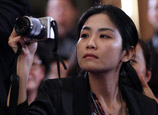

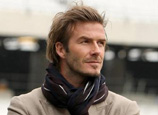
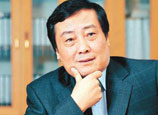







 Missing baby killed in Changchun
Missing baby killed in Changchun


![]()
